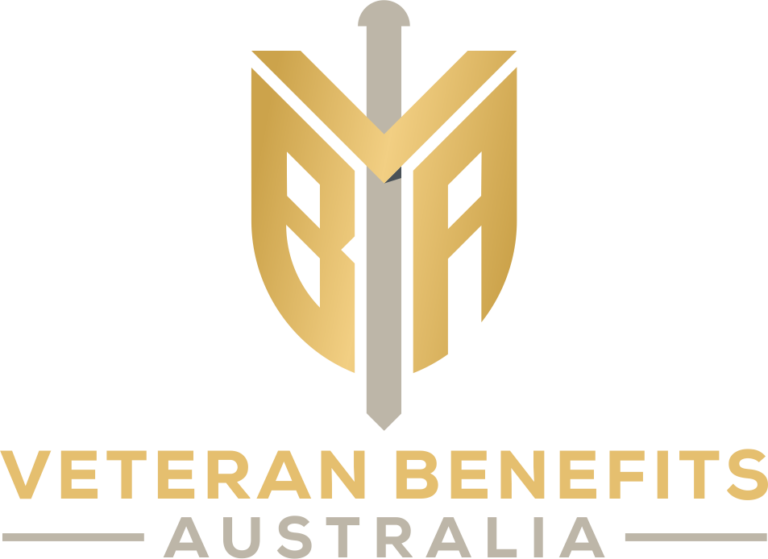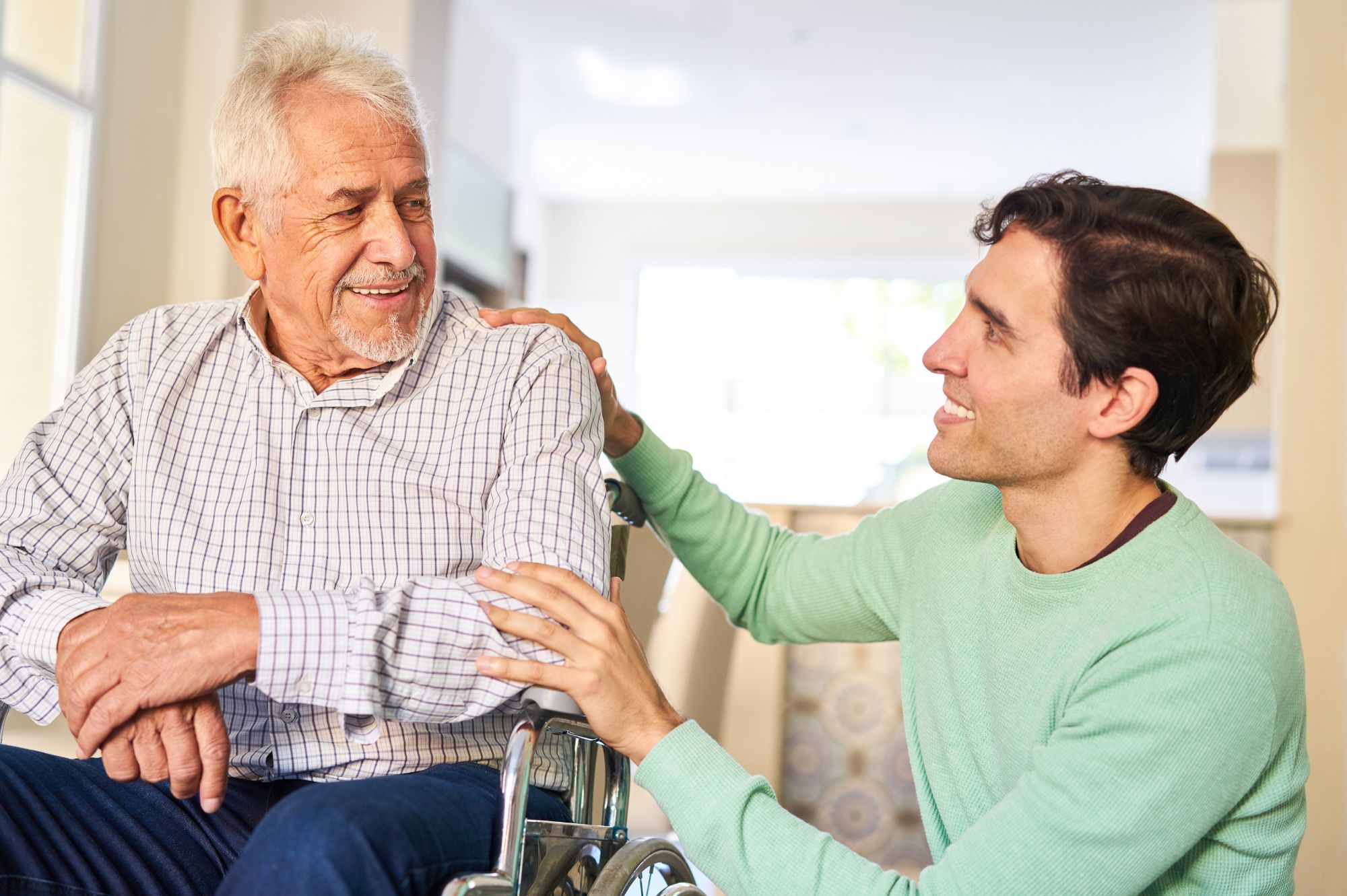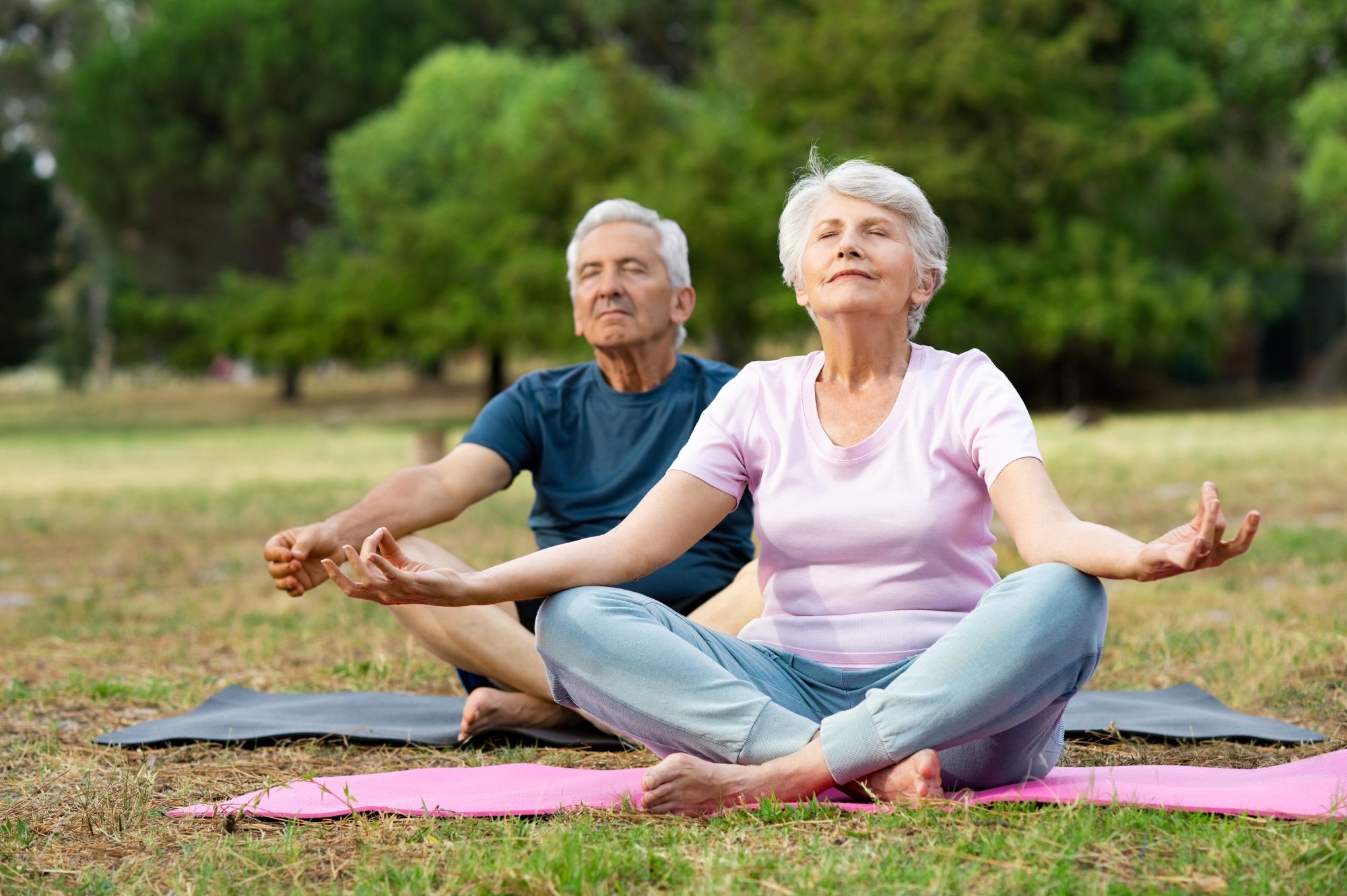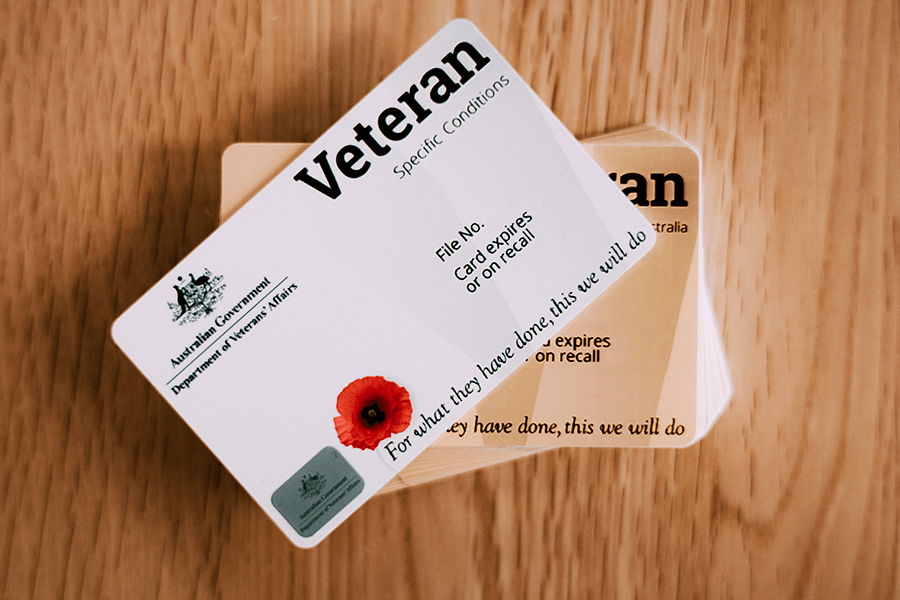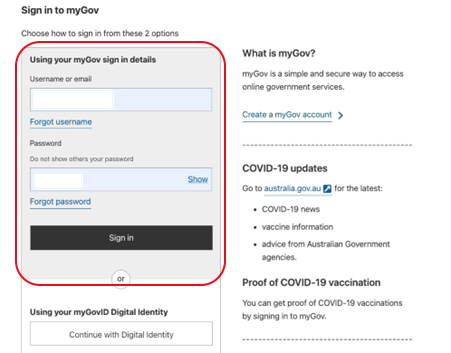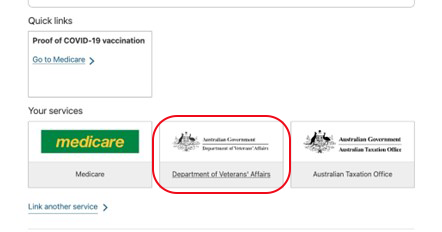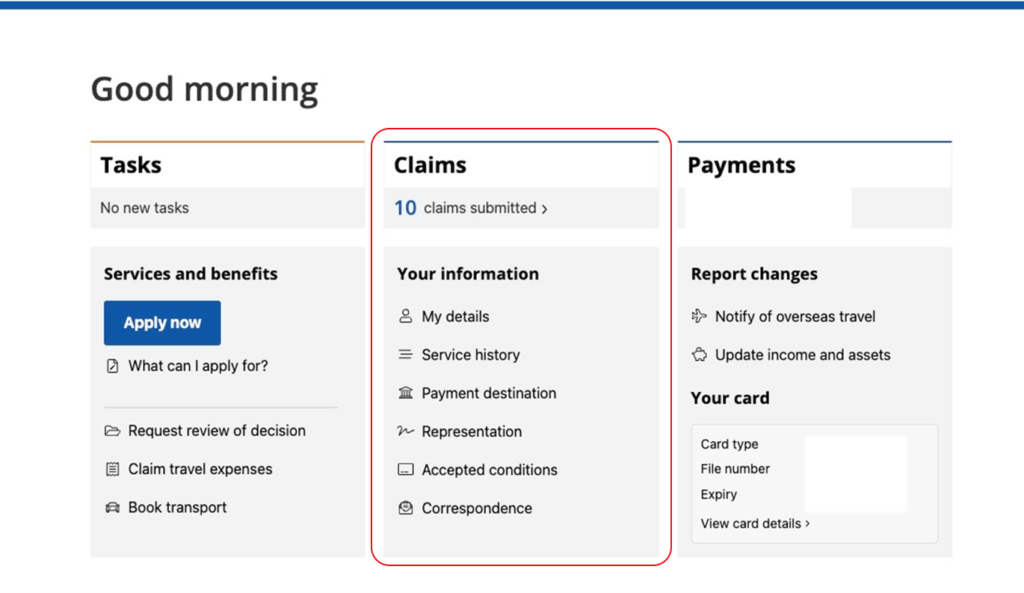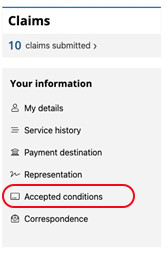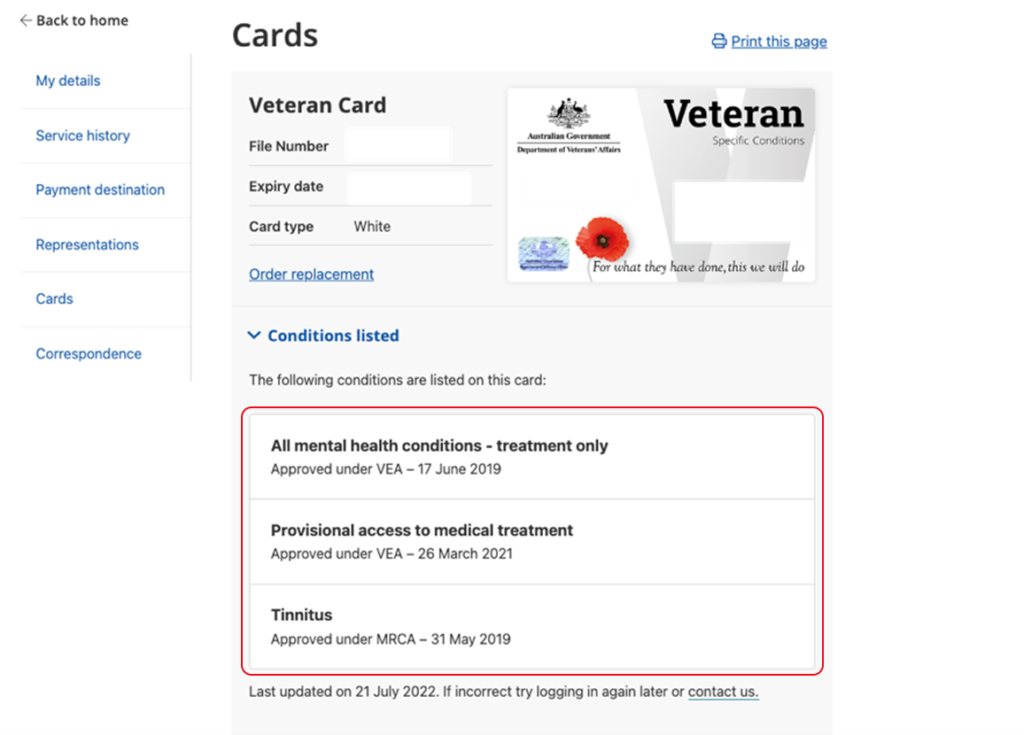Sleep apnea is a sleep disorder that affects millions of people around the world, and veterans are no exception. In fact, veterans are at a higher risk of developing sleep apnea due to a variety of factors, including exposure to combat-related stress, environmental conditions, and lifestyle changes. Let’s explore the prevalence of sleep apnea among veterans and how a holistic health approach can provide effective support and treatment.
Sleep Apnea in Veterans
Sleep apnea is a disorder characterised by repeated interruptions in breathing during sleep. These interruptions, known as apneas, can lead to fragmented sleep, excessive daytime fatigue, and a range of health issues. Among the general population, sleep apnea is relatively common, affecting an estimated 9-21% of women and 24-31% of men. However, when we turn our attention to veterans, the statistics tell a different story.
Sleep apnea is one of the most prevalent service-connected respiratory disabilities among veterans. Veterans often face unique risk factors for sleep apnea, and this disorder can manifest in various ways, impacting their overall quality of life. The following factors contribute to the higher incidence of sleep apnea among veterans:
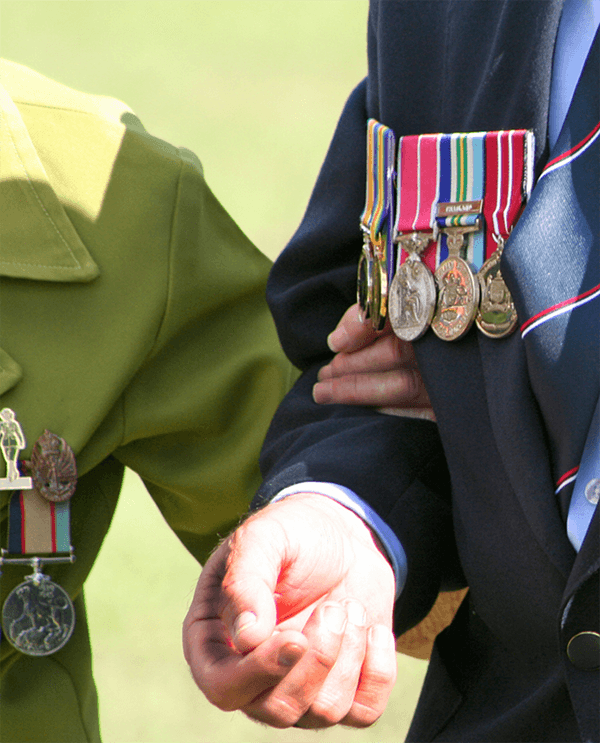
PTSD and Sleep Apnea: Post-Traumatic Stress Disorder (PTSD) is a common issue among veterans, and it has been linked to an increased risk of sleep apnea. The emotional and physiological effects of PTSD can disrupt sleep patterns and exacerbate sleep apnea symptoms.
Exposure to Environmental Hazards: Veterans who have been deployed to regions with environmental hazards, such as burn pits and airborne toxins, may be at greater risk of developing sleep apnea. Prolonged exposure to these substances can have a lasting impact on respiratory health.
Changes in Lifestyle: The transition from military to civilian life can lead to significant lifestyle changes. These changes may include weight gain, increased alcohol consumption, and smoking – all of which are risk factors for sleep apnea.
The Importance of Holistic Health for Veterans with Sleep Apnea
While there are conventional treatments available for sleep apnea, a holistic health approach can offer a more comprehensive and sustainable solution for veterans. Holistic health takes into account the entire person – body, mind, and spirit – and aims to address the root causes of health issues rather than just their symptoms. When it comes to sleep apnea, holistic health can play a crucial role in improving sleep quality, reducing the severity of symptoms, and enhancing overall well-being.
Nutritional Approaches
Holistic nutrition emphasises the importance of a well-balanced diet for managing sleep apnea. Veterans can benefit from consulting with a holistic nutritionist to create a meal plan that supports respiratory health. Certain nutrients, such as magnesium and vitamin D, have been linked to improved sleep quality. Dietary changes can also help veterans maintain a healthy weight, a key factor in sleep apnea management.
Mindfulness and Meditation
Veterans with sleep apnea often experience stress and anxiety, which can exacerbate their symptoms. Holistic approaches like mindfulness meditation can help veterans manage stress, improve sleep quality, and reduce the frequency of apneas. By learning to stay present and relax, veterans can enhance their ability to sleep soundly. So how can we help?
Mental Health Care Program
A mental health care program is designed to create a toolbox of actionable and consistent systems of support for veterans around their mental well-being. This is achieved by putting in place people like psychologists and counsellors, social workers, and various online services to act as tools for veterans to develop healthy coping mechanisms.
Why Would A Veteran Access Mental Health Care?
Accessing mental health programs is vital to helping veterans process and come to terms with their lives post-military service. These programs are far from crisis intervention and are designed to be an adjunct to crisis care. Staying healthy is a daily practice that requires meaningful work to be undertaken, and with the support and guidance of mental health professionals, veterans will create strategies to better support themselves, their families and their community.
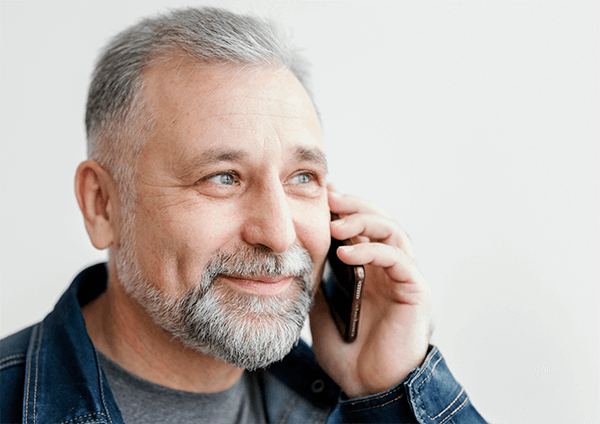
How does the program work?
Veteran Health Plans are designed to assist veterans in taking a proactive approach to their health care and wellness. Whether a veteran has chronic conditions to be managed or simply wants to live a healthier lifestyle, a Veteran Health Plan will assist veterans in achieving their health goals.
A Veteran Health Plan starts with an initial consultation, where all the necessary information is gathered to help compile a thorough report and create a detailed health plan. This process is collaborative, so all goals in the plan are set by the veterans themselves.
The veteran may get access to online platforms like meditation apps or mindfulness platforms. This is designed to increase the number of assistive tools at the disposal of the veteran and complement their Veteran Health Plan.
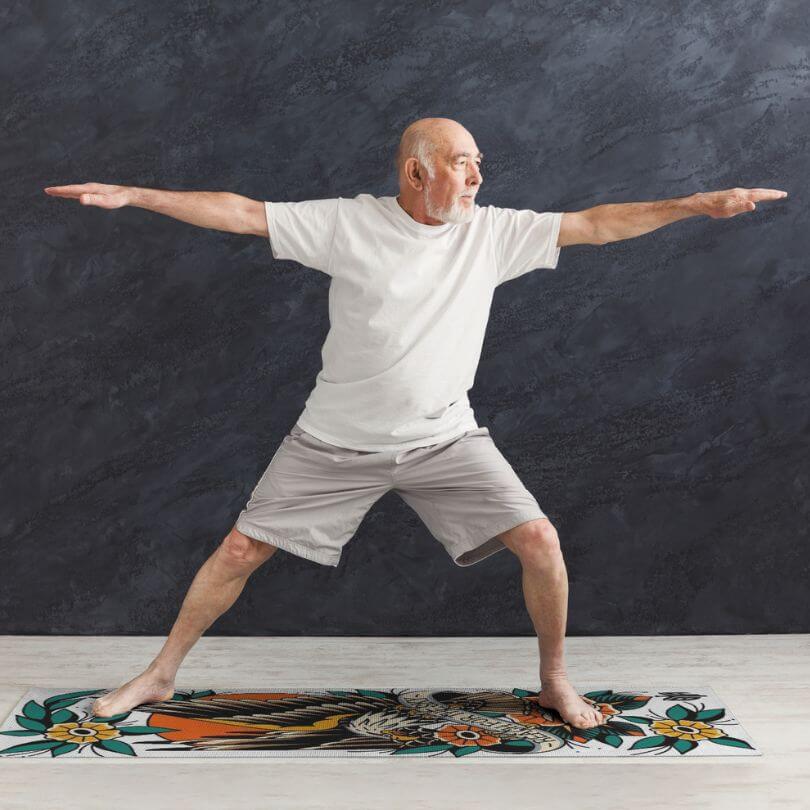
Yoga for Improved Breathing
Yoga is an ancient practice that combines physical postures, breath control, and meditation. It has been shown to be effective in improving lung function and enhancing overall respiratory health. Certain yoga poses can specifically target the muscles involved in breathing, helping veterans breathe more freely during sleep.
Chiropractic Care
Chiropractic adjustments can be beneficial for veterans with sleep apnea. Proper alignment of the spine and neck can improve airway function, potentially reducing the frequency of apneas. Chiropractors can also provide guidance on posture and sleep position, which can help prevent airway obstructions during sleep.
Herbal Remedies
Holistic health practitioners often use herbal remedies to support respiratory health. Herbs such as valerian root, chamomile, and lavender have soothing properties that can promote relaxation and improve sleep quality. Herbal supplements can be a natural and gentle way to manage sleep apnea symptoms.
Aromatherapy
Aromatherapy involves using essential oils to create a calming and relaxing environment. Scents like lavender, eucalyptus, and peppermint can help veterans breathe more easily and sleep more soundly. Aromatherapy can be integrated into a bedtime routine to support sleep.
Exercise and Sleep Apnea
Regular physical activity is a fundamental component of holistic health. Exercise helps veterans maintain a healthy weight, improve lung function, and reduce the severity of sleep apnea. Aerobic exercises, in particular, can strengthen the cardiovascular system and enhance respiratory health.
Breathing Techniques
Holistic approaches often include breathing exercises that can be especially beneficial for veterans with sleep apnea. Techniques like diaphragmatic breathing and pursed-lip breathing can help improve airway function and reduce apneas during sleep.
Sleep Hygiene
Holistic sleep hygiene involves creating a sleep-conducive environment. Veterans can benefit from making their sleeping space dark, quiet, and cool. Reducing exposure to screens before bedtime and establishing a consistent sleep schedule are also important elements of holistic sleep hygiene.
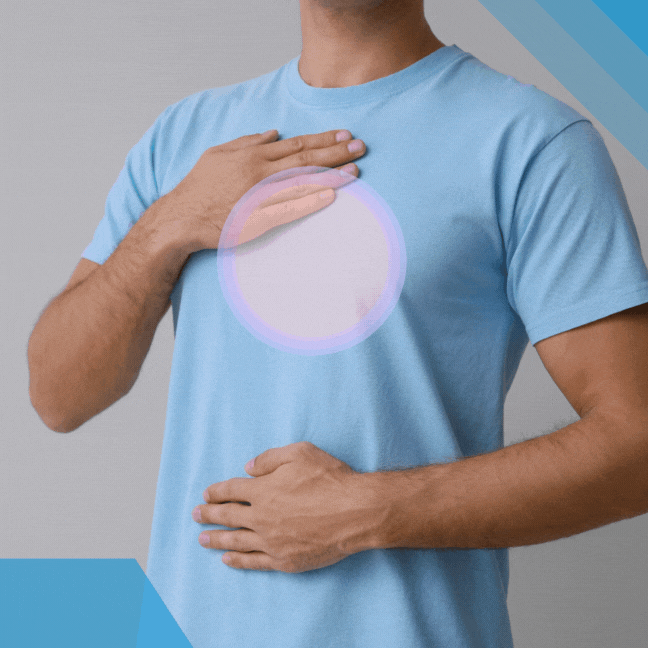
Hormone Balance
Balancing hormones through holistic means can help manage sleep apnea, especially in women veterans. Hormonal fluctuations, such as those associated with menopause, can contribute to sleep apnea. Holistic therapies like acupuncture and herbal remedies can help regulate hormone levels.
A Comprehensive Approach to Better Sleep
Sleep apnea is a prevalent issue among veterans, but a holistic health approach offers a comprehensive solution that addresses the physical, emotional, and lifestyle factors contributing to the disorder. By combining nutritional strategies, mindfulness practices, alternative therapies, and holistic lifestyle changes, veterans can improve their sleep quality and overall well-being.
